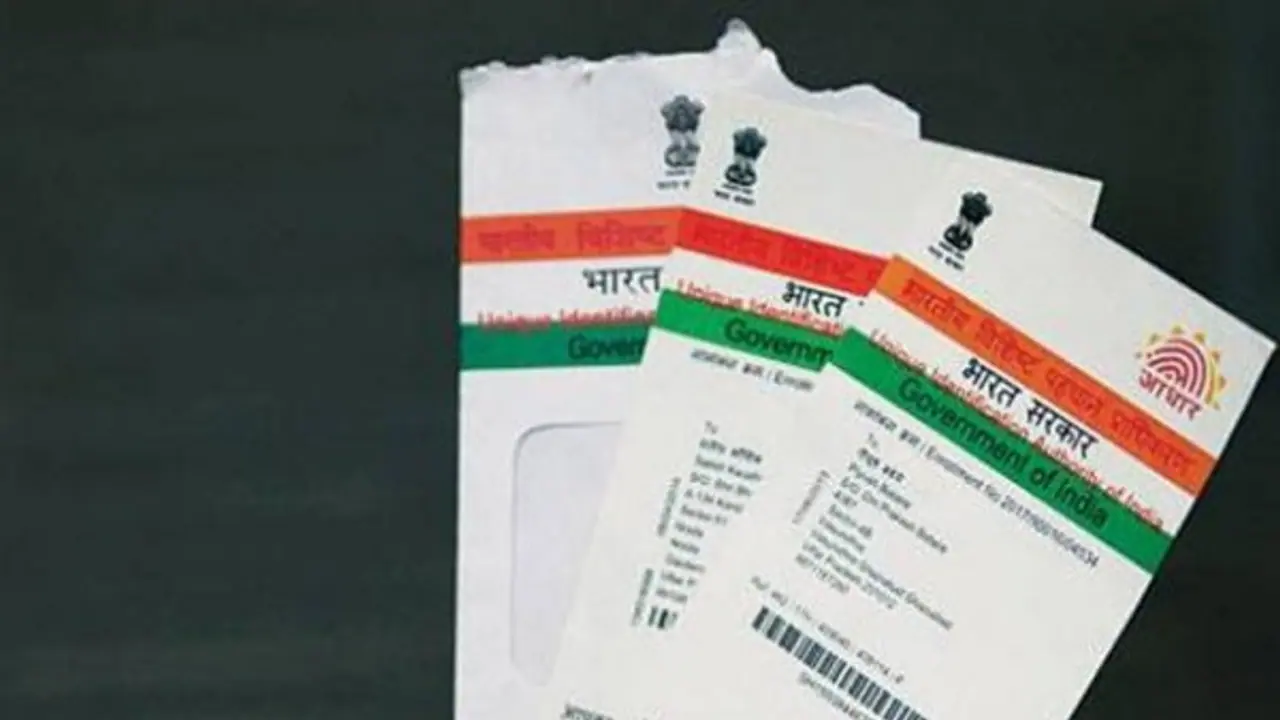What started as a pet project of the UPA-I government in 2009, the 12-digit unique biometric number has drawn criticism and praise alike over the years
New Delhi: The Supreme Court on Wednesday upheld the constitutional validity of Aadhaar and said that it empowers the marginalised sections of the society. However, it ruled that the Aadhaar is not mandatory for school admissions and mobile phone connections.
What started as a pet project of the UPA-I government in 2009, the 12-digit unique biometric number has drawn criticism and praise alike over the years.
Here’s a history of Aadhaar from its conception in 2009 to the present day:
May 2007: The proposal to have a unique card was first made in the report of the Kargil Review Committee
2009: The Centre constitutes Unique Identification Authority of India (UIDAI) for the purpose of issuing unique identification numbers. Nandan M. Nilekani appointed as the first chairman of UIDAI.
2010: Aadhaar programme launched in rural Maharashtra
2012: Former Karnataka high court judge Justice K.S. Puttaswamy challenged the government policy to make Aadhaar card mandatory for every individual. He said that Aadhaar violates fundamental rights of equality and privacy granted to every individual under the Constitution.
2013: Supreme Court says no one should suffer for not having an Aadhaar card, even if it has been made compulsory by certain authorities to avail benefits.
2014: Supreme Court issues an order asking agencies to revoke any orders made by them making Aadhaar mandatory for availing benefits
August 2015: A three-judge bench of the Supreme Court restricts the use of Aadhaar to LPG and PDS scheme.
October 2015: A five-judge bench reiterates that Aadhaar is not mandatory for availing any benefits.
March 16, 2016: Lok Sabha passes the Aadhaar Bill, 2016 as a money bill
March 25, 2016: President gives assent to the Aadhaar Bill, 2016
May 10, 2016: Congress leader Jairam Ramesh moves SC challenging passage as Money Bill
October 21, 2016: SG Vombatkere vs Union of India challenges validity of Aadhaar Act
March 31, 2017: Government introduces Section 139AA to Income-Tax Act, making Aadhaar mandatory for PAN applications, filing returns.
June 1, 2017: Aadhaar made mandatory for opening and maintaining bank accounts, for transactions of Rs 50,000 or more
June 9, 2017: Two-judge Bench upholds I-T Act Section 139AA; Pan cards valid for those without Aadhaar cards
August 24, 2017: The Supreme Court upholds right to privacy as a fundamental right in the historic judgment
December 15, 2017: The Supreme Court extends deadlines for mandatory linking of Aadhaar card with all schemes and services to March 31, 2018
January 17, 2018: Five-judge Bench begins hearing Aadhaar case
May 10, 2018: SC reserves verdict
